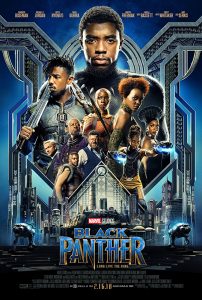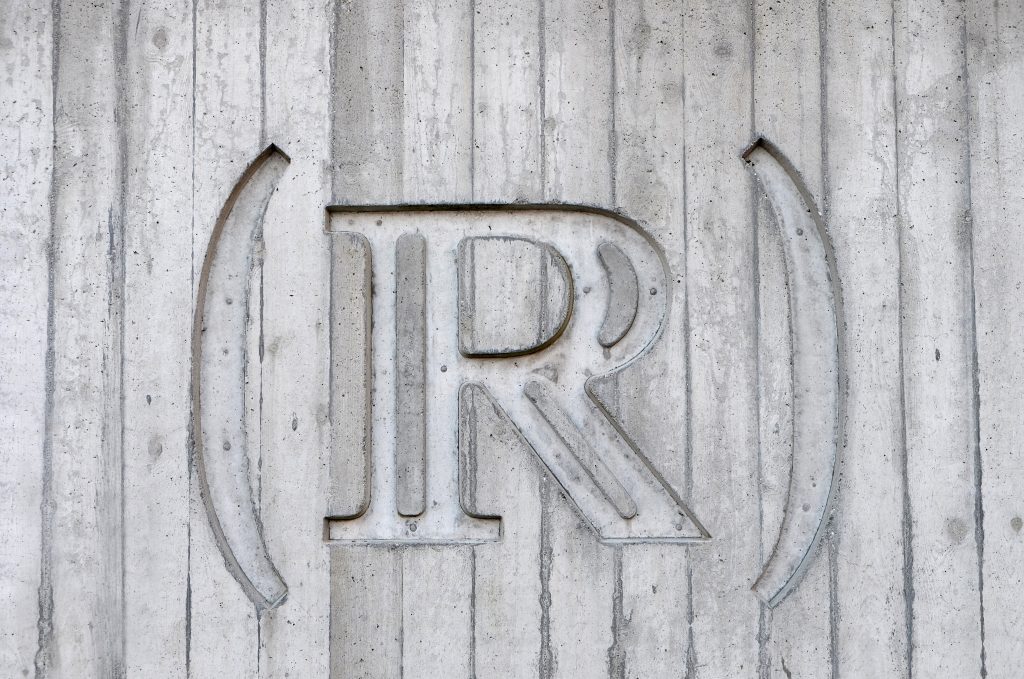
For a Marvel Movie that has a man in a cat suit as its lead, “The Black Panther” drives a strong message home. Dealing with hard-hitting topics like globalisation, nepotism, familial bonds and duty, the movie is a philosophy lecture presented in a more entertaining medium; a whole lot less dry and with a large dollop of action. But perhaps the single most pertinent theme that the movie grapples with, is that of race.
“How do you think your ancestors got these? You think they paid a fair price?”
Michael B. Jordan delivers an electrifying performance as an exiled prince of Wakanda turned mercenary turned psychotic King. And his words at the museum to the purported ‘expert’, give us cause for pause.
Beyond the in-movie implications of a dastardly villain casually dropping witticisms, that single scene sets up the stage for the movie that most don’t see.
AN ALL BLACK PANTHER
It cannot be denied that one of the factors that makes this movie a cinematic treat, beyond the stunning cinematography, is the all Black cast.
Chadwick Boseman’s quiet charm on screen as King T’Challa, and his struggles with his duty to his country and his duty to his conscience were beautifully wrung out by the actor.
Lupita Nyong’o and Danai Gurrira as daring revolutionary Naqia and traditionalist general Okoye, dazzle the audience with their stellar performances.
Every member of the cast delivers in this grand endeavour.
Though the movie does suffer from a very predictable plot, the nuances with which the movie navigates the ideas of race, feminism, and duty deserve that we discount the seemingly characteristic superhero plot.
Can I get a side of racism with that?
But the heart and soul of this film, is about the oppression of the minorities.
Eric Killmonger’s (Michael B. Jordan) jibe at colonialism, might seem a little strange in a post-colonial world where the only empire that truly exists uses a clown as their frontman. That’s right McDonald’s, I’m looking at you.
But the circus that racial relations are today isn’t something to be laughed off. All over the world, racial micro-aggressions are still very much a part of daily life.
Even in America itself, racism is still very much systemic. A black individual is still very much a target.
Jordan Peele, renowned for his comedic sketches on Comedy Central spoke to Variety about his indie film “Get Out”, which won the Academy Award for Best Original Screenplay.
In his interview Peele says, “You find the insidious qualities that white liberals have”, in reference to the attitudes of white liberals on racism. “Get Out” as envisioned by Peele, wanted to focus on the inherent bias that he saw on society. And this bias was something to be very afraid of. You can check out the full article here.
A Race to the future 
“The Black Panther” provides us with a paradigm in which Wakanda, an African state is the most technologically advanced nation in the world.
Coming from a continent that is still colonised and exploited for its natural resources, Wakanda boasts a reputation of having never been colonised before.
Thus the moral dilemma that faces King T’Challa is one that parallels our reality; do we share our resources and technology with the rest of the world?
While seeming to talk about a fictional global plan of liberation, the movie hints that oppression and racial discrimination are problems that are still faced by people who are of an ethnic minority, all over the world.
That Wakanda is an African nation is the film’s answer to the question of race; it should not be a factor at all.
Conclusion
Beyond the stunning visuals and the power packed performances by the star studded cast, “The Black Panther” is a movie of hope.
It serves to rejuvenate the discussion on race and the continued racial privilege enjoyed by the majority, and to lead this dialogue in the right direction.
Race should always be a strength that adds to our diversity, and never a sign of weakness that leads to adversity.


